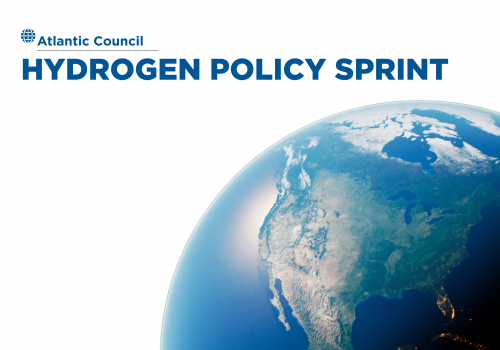Recommendations for a US Northeast hydrogen hub
Climate imperatives, geopolitics, and domestic incentives are spurring widespread interest in hydrogen as a means to decarbonize industrial applications at scale in the United States. Hydrogen is abundant, can be sourced in water, and emits only water vapor and heat. Also, hydrogen can be produced wherever generation exists, allowing for siting close to demand centers and potentially reducing the need for extensive new infrastructure. Tax policy and prevailing economic forces could cause the cost of clean hydrogen to drop precipitously, placing it on equal footing with grey hydrogen in the not-so-distant future.
The US Northeast, in particular, boasts several advantages in the Department of Energy’s search for suitable “hydrogen hubs,” including its offshore wind capacity; its emerging hydrogen-supportive supply chain; its diversity of use cases; and its world-class universities. And the region is also in dire need of affordable energy, with electricity prices ranking among the nation’s highest due to its reliance on global natural gas and refined fuel product markets, especially during the winter months. Hydrogen thus shows promise as a well-tailored solution for the US Northeast’s energy woes and aspirations.
But unanswered questions remain. A robust solution set will require dogged pursuit of renewable deployment, continuous monitoring of the best available data on hydrogen blending, and immediate efforts to rework and replace aging infrastructure networks. Policymakers in the Northeast will need to act now to give the region the best possible chance to serve as a successful hydrogen hub and provide a model for the rest of the nation. The future of US decarbonization could very well be at stake.
View the full report below
Meet the author
Related content
stay connected
Subscribe to our newsletter
Sign up to receive our weekly DirectCurrent newsletter to stay up to date on the program’s work.

The Global Energy Center develops and promotes pragmatic and nonpartisan policy solutions designed to advance global energy security, enhance economic opportunity, and accelerate pathways to net-zero emissions.
Image: Boston from a bird's eye view. (Osman Rana, Unsplash, Unsplash License) https://unsplash.com/license

